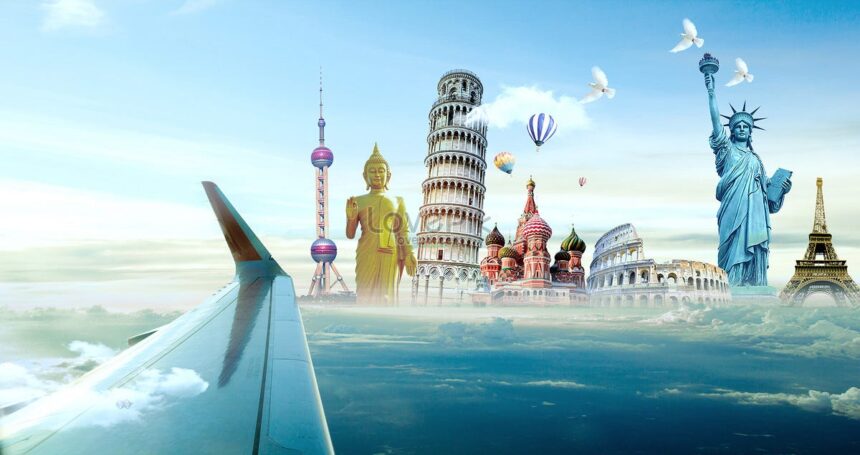Travel is more than a leisure activity or a break from routine—it’s a transformative experience that connects us with new places, people, and perspectives. Whether it’s a weekend road trip or a months-long journey across continents, travel invites discovery, personal growth, and a deeper understanding of the world.
In an increasingly interconnected yet often divided global landscape, travel serves as a bridge between cultures, reminding us of our shared humanity while celebrating our unique differences.
The Essence of Travel
At its heart, travel is an act of curiosity. It’s the desire to see what lies beyond the horizon, to taste unfamiliar cuisines, to hear new languages, and to immerse oneself in ways of life different from one’s own. This curiosity fuels exploration—not just of geography, but of identity and worldview.
From the bustling markets of Marrakech to the serene fjords of Norway, every destination offers a new story. And often, the journey itself becomes as meaningful as the destination.
The Benefits of Travel
1. Cultural Awareness
Travel breaks down stereotypes and challenges preconceived notions. Meeting people from different backgrounds fosters empathy and appreciation for diversity. It teaches that there is no single way to live, believe, or thrive.
2. Personal Growth
Navigating foreign cities, trying unfamiliar foods, and adapting to new customs build resilience and confidence. Travel pushes comfort zones and cultivates problem-solving skills, independence, and patience.
3. Educational Value
History, geography, art, language—travel brings these subjects to life. Visiting ancient ruins or attending local festivals provides experiential learning that no textbook can replicate.
4. Mental Well-being
Stepping away from daily stresses can rejuvenate the mind and body. Nature-based travel, in particular, is linked to reduced anxiety and improved mood. Even short trips can refresh one’s outlook and spark creativity.
The Evolution of Travel in a Changing World
The way we travel is evolving. The rise of digital nomadism, ecotourism, and sustainable travel reflects a shift toward more intentional experiences. People are seeking depth over speed, preferring authentic engagement with places rather than checklist-style tourism.
Technology has also redefined travel. Apps help us translate languages, book stays with locals, or navigate remote landscapes with ease. Yet, amidst the convenience, there’s a growing appreciation for slow travel—the kind that invites lingering, conversation, and immersion.
Responsible Travel: A Modern Imperative
As travelers, we have a responsibility to protect the very places that inspire us. Mass tourism can strain ecosystems and local communities. Conscious travel choices—like supporting local businesses, respecting cultural norms, and reducing environmental impact—ensure that travel remains a positive force.
Key principles of responsible travel include:
- Choosing eco-friendly accommodations and transportation.
- Learning basic phrases in the local language.
- Avoiding activities that exploit people or animals.
- Being mindful of waste and resource use.
Travel in Every Form
Not all travel requires long distances or expensive flights. A spontaneous road trip, a hike through a nearby forest, or exploring your own city through a new lens can be just as rewarding. What matters is the spirit of exploration and the openness to discovery.


